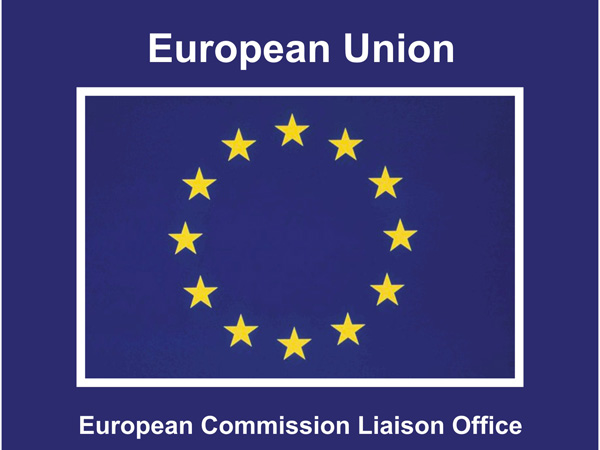



Date:20/12/11
 The European Union's top privacy advisory panel on Thursday rejected a code of conduct written by Internet companies for protecting the personal data of online users.
The European Union's top privacy advisory panel on Thursday rejected a code of conduct written by Internet companies for protecting the personal data of online users.
The panel said the plan, which would allow advertisers to police themselves, doesn't satisfy the EU's online privacy laws
. The decision jeopardizes a deal struck earlier this year between the European Commission, the EU's executive arm, and the world's biggest Internet companies allowing them to comply with EU rules by adopting the code.
The code covers "behavioral advertising," the practice of gathering data on users' Internet surfing habits for the purpose of piping targeted advertising onto their computer screens. The code requires websites to seek permission from users before gathering information that can be used to identify them personally, and it requires websites to give visitors the ability to "opt out" from having their data gathered.
The advisory panel, composed of national EU privacy regulators, said the code and an accompanying website give the false impression that it is possible not to be tracked while surfing the Internet.
"This wrong presumption can be damaging to users, but also to the industry if they believe that by applying the code they meet the requirements of the (EU rules)," the panel said in a statement.
The code was drafted by the Interactive Advertising Bureau and the European Advertising Standards Alliance, which represent Internet heavyweights such as Microsoft Corp. and Yahoo! Inc.
EU panel rejects online ad rule proposals
 The European Union's top privacy advisory panel on Thursday rejected a code of conduct written by Internet companies for protecting the personal data of online users.
The European Union's top privacy advisory panel on Thursday rejected a code of conduct written by Internet companies for protecting the personal data of online users.The panel said the plan, which would allow advertisers to police themselves, doesn't satisfy the EU's online privacy laws
. The decision jeopardizes a deal struck earlier this year between the European Commission, the EU's executive arm, and the world's biggest Internet companies allowing them to comply with EU rules by adopting the code.
The code covers "behavioral advertising," the practice of gathering data on users' Internet surfing habits for the purpose of piping targeted advertising onto their computer screens. The code requires websites to seek permission from users before gathering information that can be used to identify them personally, and it requires websites to give visitors the ability to "opt out" from having their data gathered.
The advisory panel, composed of national EU privacy regulators, said the code and an accompanying website give the false impression that it is possible not to be tracked while surfing the Internet.
"This wrong presumption can be damaging to users, but also to the industry if they believe that by applying the code they meet the requirements of the (EU rules)," the panel said in a statement.
The code was drafted by the Interactive Advertising Bureau and the European Advertising Standards Alliance, which represent Internet heavyweights such as Microsoft Corp. and Yahoo! Inc.
Views: 1122
©ictnews.az. All rights reserved.Similar news
- 24% of U.S. Adults have made phone calls on the Internet
- UNESCO puts sustainable learning online
- Australia gives incentives for the use of telehealth
- US launches computer programme for poor kids
- UN declares web access as human right
- Facebook growth slows in stalkerbase heartlands
- One Third of Millionaires Use Social Media
- Facebook Seeks Bigger Role in Software for Mobile Apps
- Icann increases web domain suffixes
- IBM launches new social networking platform for enterprises
- Google Notches One Billion Unique Visitors Per Month
- Internet providers cut international channel renting costs by 60%
- Azerbaijan launches standard time on internet
- Icann launches facility to ease DNSSec adoption
- Social network data mining yields worrying results for traditional media





















